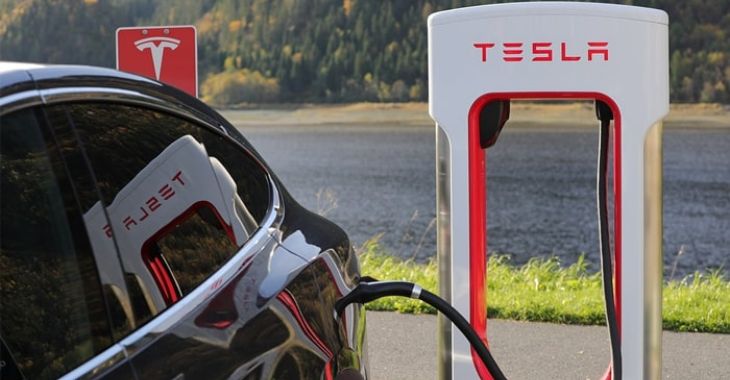Tata Motors Urges India to Maintain Import Tax on EVs Amidst Tesla Entry Plans
- ByStartupStory | December 8, 2023

Tata Motors is reportedly urging Indian officials to refrain from lowering the import taxes of 100% on electric vehicles (EVs), expressing concerns about protecting the domestic industry and the interests of its investors. The plea comes as the Indian government evaluates Tesla’s $2 billion investment plan for setting up a local factory in the country, contingent on a substantial reduction in import taxes on its EVs during the initial two years.
During discussions with Prime Minister Narendra Modi’s office and other departments, Tata Motors has opposed the proposal, arguing that its investors made decisions based on the assumption that the existing tax regime, favoring local entities, would remain unchanged, according to Reuters.
Tata Motors contends that India’s EV industry requires additional government support during its early growth stages. The company emphasizes the contrast with imported gasoline or diesel cars, which still face taxes of up to 100%, despite the maturity of the industry.
Last month, it was reported that the Indian government is contemplating the possibility of implementing tax reductions on fully assembled imported EVs for up to five years. This strategic move aims to attract companies like Tesla to not only sell but potentially manufacture electric cars within the country.
While Tata Motors and other local automakers, including Mahindra & Mahindra, have expressed concerns about lowering the EV tax plan, the government remains resolute in facilitating easier entry into the EV sector for foreign players. This aligns with Prime Minister Modi’s vision of achieving 30% of annual car sales in India to be electric by 2030, a significant increase from the current 2%.
“We will come out with a policy that addresses everyone’s fears,” a government official stated. The official emphasized the need for more manufacturers in India to become an EV hub and assured that the local industry need not fear competition from global players like Tesla.
India’s EV market has attracted interest from both international and local tech firms, as well as emerging startups. Acer, the Taiwanese tech giant, recently entered the Indian EV market by licensing its brand to eBikeGo, a mobility startup. Vietnamese electric car maker VinFast also announced plans to invest $150 million to $200 million in India for setting up a completely knocked down (CKD) assembly unit.
In addition to Tesla, automotive giants such as Audi and Mercedes-Benz are positioning themselves to seize opportunities within India’s burgeoning EV ecosystem. EV registrations in India, across vehicle categories, witnessed a year-on-year jump of over 36%, reaching 143,325 units in November, according to Vahan data.









